News
-
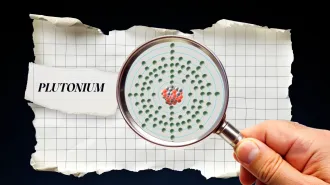 Physics
PhysicsHere’s the science behind nuclear weapons testing
Nuclear weapons haven’t been tested in the United States since 1992. Find out why, and what could happen if the hiatus ends.
-
 Animals
AnimalsIn a Quebec park, a science game brings predator-prey dynamics to life
Results show that players’ choices echo predator-prey patterns seen in wildlife, though scientists stress the limits of the analogy.
-
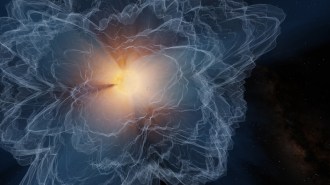 Space
SpaceFirst maps of the sun’s outer boundary may help predict solar storms
NASA’s Parker Solar Probe has mapped the shifting boundary between the sun and the rest of the solar system.
-
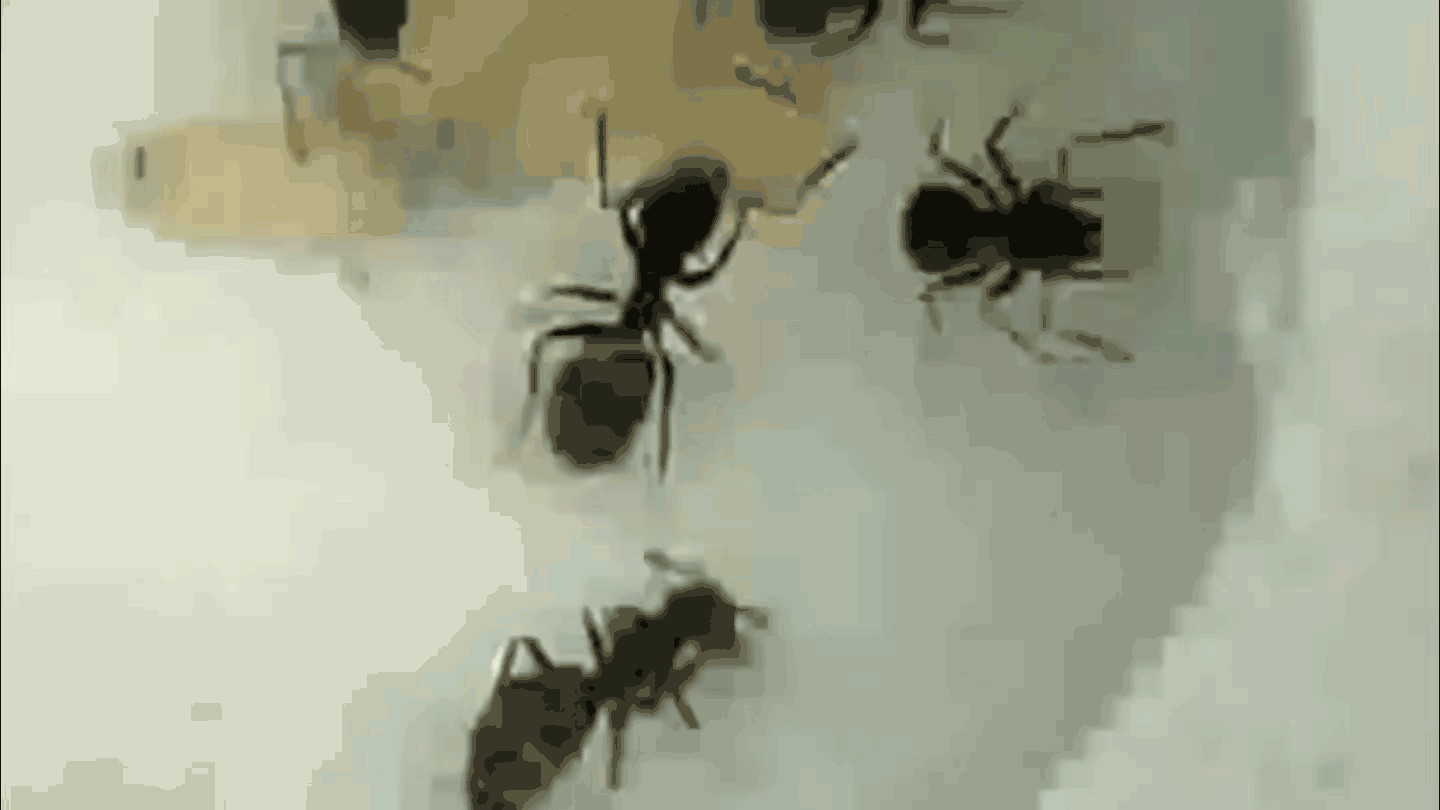 Animals
AnimalsThese sick baby ants sacrifice themselves to protect their colony
When infected by a fungal disease, ant pupae actively emit a chemical cue that prompts workers to get rid of them for the good of the colony.
- Animals
In a first, orcas and dolphins seen possibly hunting together
New footage shows orcas and dolphins coordinating hunts, hinting at interspecies teamwork to track and catch salmon off British Columbia.
-
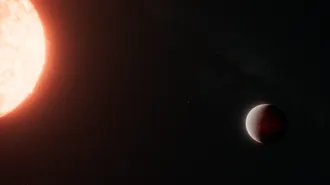 Astronomy
AstronomyAgainst the odds, a burbling lava planet retains an atmosphere
The James Webb Space Telescope detected an atmosphere on a lava-covered exoplanet, evidence that small planets close to stars can have atmospheres.
By Carly Kay -
 Health & Medicine
Health & MedicineResearch hailing the benefits of the COVID-19 shot keeps coming
There was more good health news about the COVID-19 vaccine for infants, kids and adults in December. There’s still time to get the shot this winter.
-
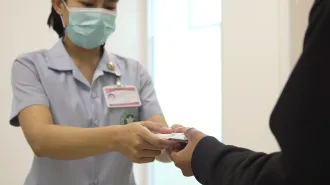 Health & Medicine
Health & MedicineTwo more antibiotics have been approved in the U.S. to treat gonorrhea
The bacteria behind the sexually transmitted disease gonorrhea is known for developing antibiotic resistance. Now there are two new treatment options.
-
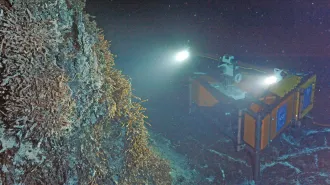 Earth
EarthAn underwater volcano off Oregon didn’t erupt in 2025 after all. Why not?
Data from Axial, the most-monitored underwater volcano, are helping geophysicists hone eruption predictions. For Axial, 2026 is their next bet.
-
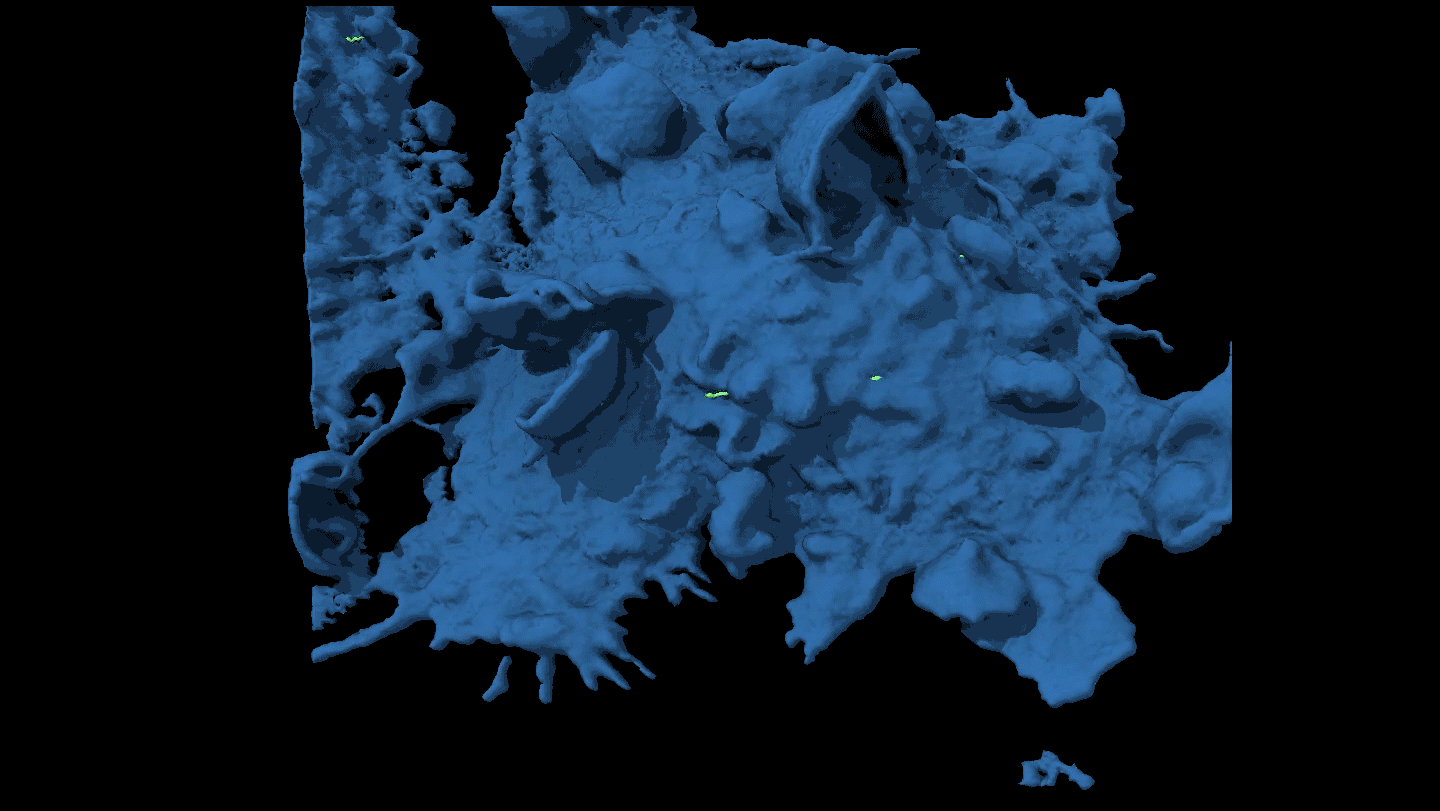 Life
LifeWatch a cancer cell evade capture
By moving around, some cancer cells force attacking immune cells to just nibble at the edges rather than engulf them completely.
By Meghan Rosen -
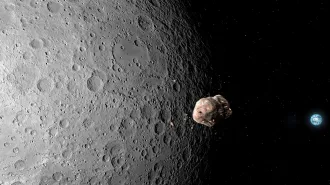 Planetary Science
Planetary ScienceAn asteroid could hit the moon in 2032, scattering debris toward Earth
Researchers are keeping an eye on the building-sized asteroid 2024 YR4, which has a 4 percent chance of hitting the moon seven years from now.
By Nikk Ogasa -
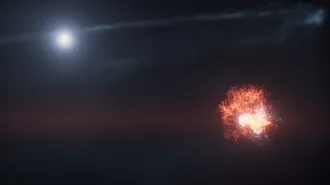 Astronomy
AstronomyNew Hubble images may solve the case of a disappearing exoplanet
A massive collision between two asteroid-sized bodies around a nearby star offers a rare look at the violent process of planetary construction.